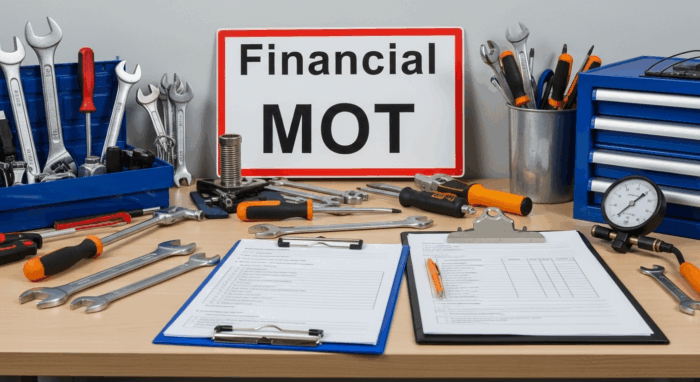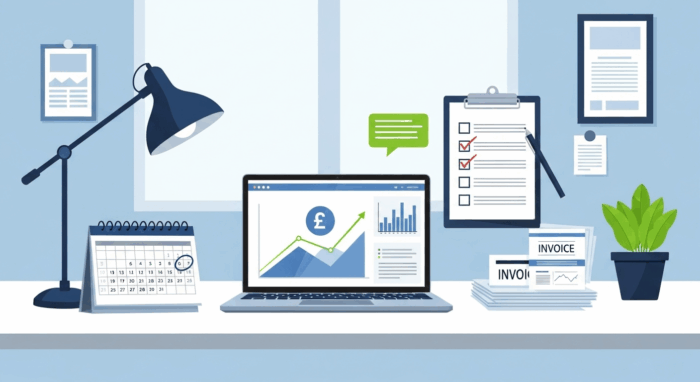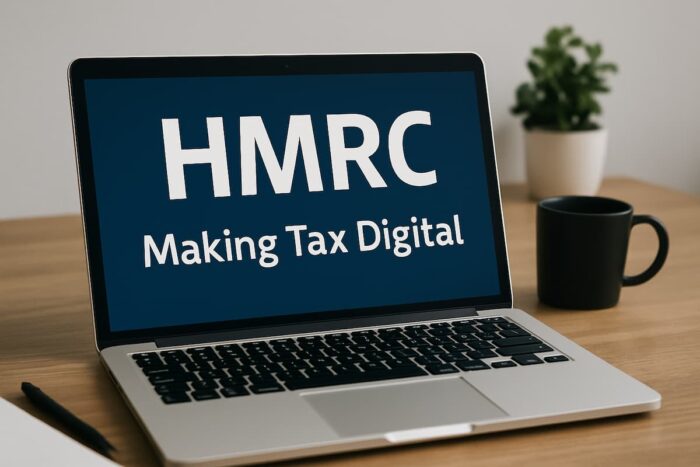Government policies are crushing small businesses
As an accountant working directly with small business clients, I witness daily the growing disconnect between government rhetoric about supporting enterprise and…
Mid-year financial MOT: Your July 2025 business health check
As we reach the halfway point of 2025, it's time for your business's mid-year MOT, a comprehensive financial health check that could…
Monthly Bookkeeping Excellence: A Framework for Small Business Success
Monthly Bookkeeping Excellence: A Strategic Framework for UK Small Business Success A practical guide to implementing systematic financial management that drives informed…
The Impact of Making Tax Digital
The United Kingdom’s tax landscape is undergoing a significant transformation with the phased rollout of Making Tax Digital (MTD) for Income Tax…
The 2025 Spring Budget: What Small Business Owners Need to Know
Chancellor Rachel Reeves delivered her highly anticipated Spring Budget yesterday, outlining the government's fiscal plans against a challenging economic backdrop. While the…
Business Property Relief and its Impact on Small Business Owners from 2026
Business Property Relief (BPR) has long been a vital tool for small business owners in the UK, helping to mitigate inheritance tax…





